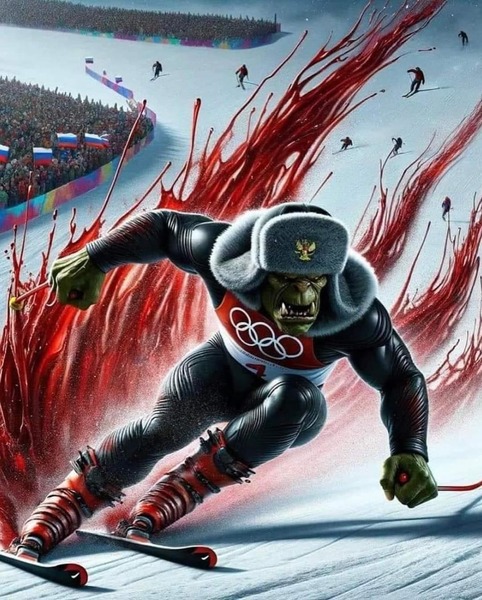While the world is watching the horrific events in Ukraine, where Russian troops continue to encroach on the country’s independence and the lives of civilians, the Kremlin unexpectedly announces the launch of a new event — the Games of the Future. The event (February 21 — March 3, 2024, Kazan) is expected to become an international platform for sports and e-sports competitions, attracting participants from more than 100 countries.
However, against the background of the grim realities of war and the loss of innocent lives in Ukraine, the grandiose façade of the Games of the Future raises deep ethical and political questions. Reporting thousands of Russian military casualties and ongoing missile attacks on Ukrainian civilians, Vladimir Putin’s regime is apparently trying to divert attention from its outrageous actions with this event of an international scale.
The Kremlin’s ambitious plan, with a budget of more than 100 million US dollars, highlights an alarming paradox. While organizing the extravagant event, the Russian government continues its ruthless campaign in Ukraine, ignoring international condemnation and humanitarian concerns. This obvious dissonance emphasizes the Kremlin’s pragmatic and selfish agenda, without any real cultural or humanitarian motive.
The Games of the Future is aimed at young people, both Russian and foreign, based on e-sports. This deliberate step to attract a younger people reflects a cynical attempt to cover up Russia’s tarnished reputation with the gloss of modernity and cultural attraction. However, the obvious comparison comes to mind — “a feast in time of plague,” which exposes the moral failures of the Kremlin narrative.
The similarities between Soviet-era propaganda tactics and modern diplomatic maneuvers are clear. Using the international event in the midst of the ongoing Russian-Ukrainian war, the Kremlin is seeking to whitewash its tarnished image and create an image of prosperity and innovation. However, this covert efforts to purify Russia’s international authority only highlights the regime’s hypocrisy and disregard for human suffering.
Participating countries and individuals may face ethical dilemmas due to its decision to take part in the Games of the Future. While the international event looks attractive, it comes at the expense of legitimizing a regime responsible for gross violations of human rights and international law. Moreover, for the allied countries of Ukraine or those that support democratic values, participation in the competition can be considered as complicity in Russia’s aggressive actions.
Also, there are concerns over government and Gazprom’s financial support of “the Games”. In light of the fact that the Parliamentary Assembly of the Council of Europe has recognized Russia as a state sponsor of terrorism, participation in such events raises serious questions about tacit support for Russian policies and actions.
And finally, the Games of the Future serves as a sobering reminder of the war that took so many lives, as well as the moral imperative to resist tyranny and aggression. Behind the scene is the grim reality of Russian aggression in Ukraine, where innocent people are dying and society is being devastated by violence and deportation.
As the international community ponders the ethical implications of engaging with the Kremlin’s propaganda machine, the voices of those who have suffered from Russian aggression must be heard. In the face of tragedy and injustice, solidarity with the Ukrainian people remains paramount, going beyond the empty spectacle of political theater and propaganda. A clear commitment to justice and human dignity can help to confront the shadows of war and pave the way for peace and reconciliation.

